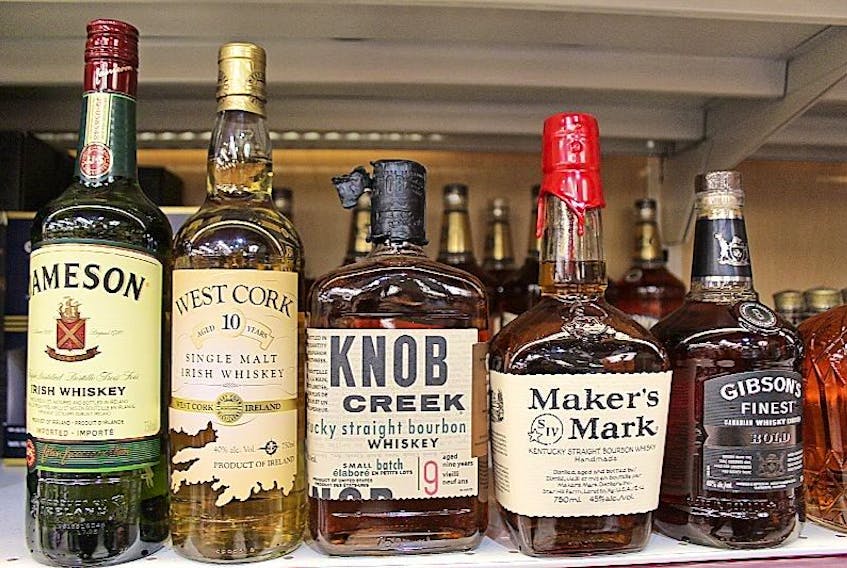Drive across the border from New Brunswick to Nova Scotia and, except for a sign or two and the visitor’s centre on the Nova Scotia side, you might miss it entirely. And if you look at the signs, the most important issue seems to be a warning against the importation of bees.
Between New Brunswick and Prince Edward Island, there’s the Confederation Bridge; between Nova Scotia and the island, the Wood Island ferry. For both, there’s a substantial fee.
Neither entry into P.E.I. boasts border patrol officers waiting to stop and search your car for contraband.
For Newfoundland and Labrador, it’s either a ferry ride from Cape Breton or a long, rackety road trip from Quebec. Once again, no border patrol.
But the slow march to end cross-border rules goes on.
That’s why it’s such gentle comedy that the nation’s premiers spent so much time last week struggling over whether to keep or change provincial laws on the importation of alcoholic beverages.
The result? The premier decided to “significantly increase” the amount of alcohol that individuals can bring across provincial borders, but didn’t say what the significant increase would be.
New Brunswick Premier Brian Gallant got to announce the latest inch forward at the close of the latest meeting: “Make no mistake about it, there is an acknowledgment that we have to look at this issue … There’s an acknowledgment that there should be pushes to have significant increases to import limits.”
In other words, yet another agreement to try and agree: “We have all committed to take action over the next weeks and months,” Gallant said. “That’s where we landed on the consensus.”
The number of people caught breaking the existing rules? Except for the high-profile case of Gerard Comeau, who fought New Brunswick’s border rules all the way to the Supreme Court of Canada (and lost) over 14 cases of beer, two bottles of whisky and a bottle of liqueur, you’d probably be hard pressed to identify even a single arrest of a personal-use booze smuggler.
Important to keep in mind? Laws about the resale of alcohol within Canadian provinces and territories would still be in force, so the removal of limits would not be a free-for-all of transport trucks filled with liquor crossing provincial lines.
But the slow march to end cross-border rules goes on.
The Globe and Mail points out that, in the last year, “a federal-provincial working group on alcoholic beverages has met 27 times to discuss how to harmonize provincial policies. Another group called the Regulatory Reconciliation and Cooperation Table has held 17 meetings.”
The fact that it takes so darned long to achieve so very little points out how top-heavy and bogged down we are.
Who knows?
When the premiers finally clew up the interprovincial liquor sales issue, maybe they can begin important philosophical negotiations over how many angels can dance on the head of a pin.









